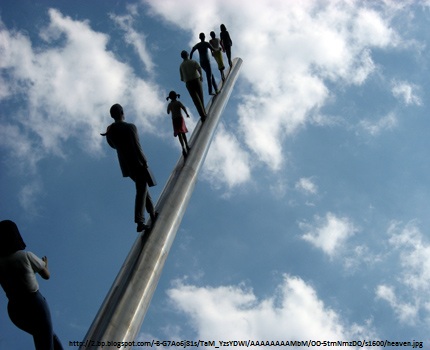Kamikaze’s paradise
DOI:
https://doi.org/10.13130/2035-7680/2133Parole chiave:
kamikaze, terrorismo, simbolizzazione della violenza, culturalizzazione del martirio.Abstract
The terrorist attack on the Twin Towers on 11 September 2001 represents a pivotal moment in the dynamic that shapes the explanatory and identification category of "the West" in a crisis of relationship with the "other" that has taken on the tone of a clash of civilizations .
Within this scenario, the present work starts from the interpretation of the suicide terrorist as kamikaze to develop a reflection on the construction of the categories we/other in contemporary Western society. The image of the martyr who seeks - through the bomb that will destroy his earthly life - a road to paradise is an archaic paradox that still resonates in us, reduced to a simplified simulacrum, in itself sufficient to explain the absurdity of a gesture so powerfully destructive. The paradise of the suicide bomber assumes the function of a screen that allows us to distance ourselves from the other, confine him to a world totally alien, so different as to be driven by irrationality and inhumanity.
In a society that is increasingly immune and saved from the negative, the image of paradise becomes a necessary filter to face the destructive event, avoiding the need to relate with it in an attempt to understand.




